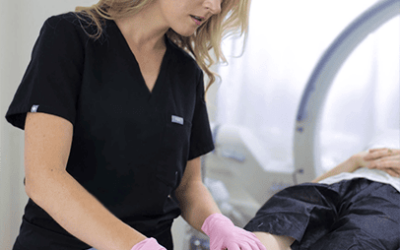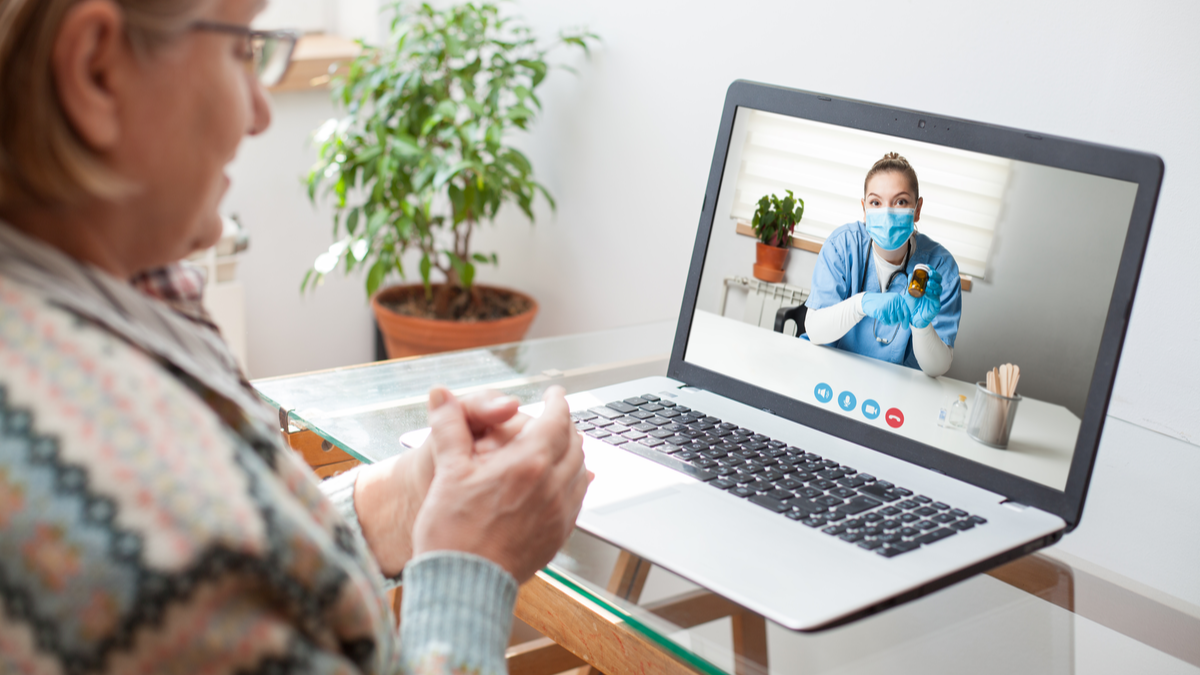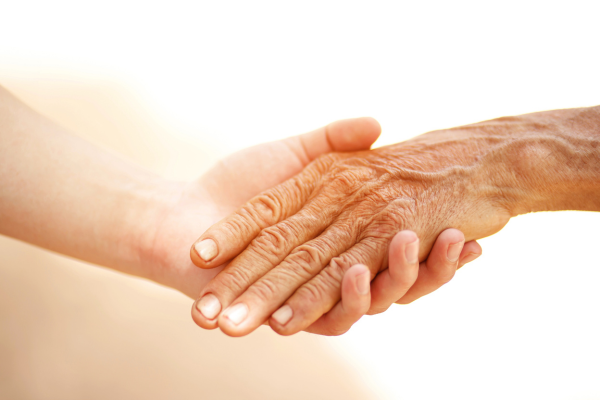Varicose veins are a common problem that can lead to discomfort, pain, and self-consciousness. Spider veins, often considered a milder form of varicose veins, are also frequently encountered. For individuals dealing with these conditions, it’s essential to understand the role of various medical professionals who specialize in vein treatments. So, what kind of doctor treats varicose veins and spider veins? In this article, we’ll explore the types of specialists who can help and the treatment options available.
What Are Varicose Veins and Spider Veins?
Before delving into the specific doctors who treat these conditions, it’s important to understand what varicose veins and spider veins are.
Varicose veins are large, swollen veins that often appear bluish or dark purple. They can be raised and twist in an irregular manner, commonly seen in the legs. These veins are typically caused by weakened valves within the veins that disrupt blood flow, leading to pooling of blood in certain areas. Over time, this results in vein enlargement and symptoms like aching, heaviness, and even ulcers in severe cases.
On the other hand, spider veins are smaller, thinner veins that appear close to the skin’s surface. They can be red, blue, or purple and often resemble a web or tree branches. Though not usually painful, spider veins can be unsightly and a cause for concern.
What Kind of Doctor Treats Varicose Veins and Spider Veins?
Now that we understand the conditions, let’s look at the medical professionals who specialize in treating them. Several doctors have the training and expertise to diagnose and treat varicose veins and spider veins, including:
1. Phlebologists: Specialists in Vein Disorders
Phlebologists are doctors who specialize in the diagnosis and treatment of vein disorders, including varicose veins and spider veins. Phlebology is a subspecialty of medicine focused specifically on the vascular system. These specialists use advanced diagnostic tools, such as ultrasound, to evaluate vein function and determine the most effective treatment plan.
Phlebologists are skilled in a variety of non-invasive and minimally invasive treatments, such as sclerotherapy (injections that close the veins), endovenous laser therapy (a laser treatment that seals off the problematic veins), and radiofrequency ablation. They can also provide lifestyle advice to help prevent further vein issues.
2. Vascular Surgeons: Expert in Vascular Health
Vascular surgeons are another type of doctor who treats varicose veins and spider veins. These professionals specialize in diseases and conditions affecting the blood vessels, both arteries, and veins. Vascular surgeons perform surgeries and advanced treatments for varicose veins, especially in cases where the veins are more severe or when other methods have not provided relief.
Vascular surgeons may perform procedures such as vein stripping (removal of veins), ambulatory phlebectomy (removal of superficial veins), and more advanced options like vein bypass surgery. While surgery is often a last resort, it can be highly effective in severe cases of varicose veins.
3. Dermatologists: Skin and Vein Specialists
Though dermatologists are typically associated with skin health, many are also trained to treat spider veins, which affect the skin’s appearance. Dermatologists can offer sclerotherapy and laser treatments, making them a good option for patients who are concerned with the cosmetic aspect of spider veins rather than the medical consequences.
In some cases, dermatologists may refer patients to other specialists, like vascular surgeons, if the spider veins are associated with more serious underlying conditions or if the treatment requires surgery.
4. Interventional Radiologists: Minimally Invasive Treatment Experts
Interventional radiologists specialize in minimally invasive procedures that treat a variety of medical conditions. In the case of varicose veins and spider veins, these doctors often use imaging techniques, such as ultrasound, to guide precise treatments like endovenous laser therapy (EVLT) or radiofrequency ablation (RFA).
Interventional radiologists can treat varicose veins with high precision and minimal discomfort. They are an excellent option for patients seeking alternatives to traditional surgery and prefer non-invasive treatments that have a shorter recovery time.
What Treatments Are Available for Varicose Veins and Spider Veins?
Once you’ve identified the right type of doctor for your needs, it’s important to know what treatment options are available. Treatment for varicose veins and spider veins can range from conservative measures to advanced procedures. Below are some of the most common treatments:
1. Sclerotherapy
Sclerotherapy is one of the most popular treatments for both varicose veins and spider veins. During this procedure, a solution is injected into the veins, causing them to collapse and eventually fade away. Sclerotherapy is typically recommended for smaller veins and is performed in an outpatient setting, with minimal downtime.
2. Endovenous Laser Therapy (EVLT)
Endovenous Laser Therapy is a minimally invasive procedure that uses laser energy to seal off varicose veins. A laser fiber is inserted into the vein through a small incision, and the energy from the laser causes the vein to collapse. EVLT is often used for larger varicose veins and provides an effective alternative to traditional vein stripping surgery.
3. Radiofrequency Ablation (RFA)
Similar to EVLT, radiofrequency ablation (RFA) uses heat to close off problematic veins. However, instead of using laser energy, RFA uses radiofrequency energy. This procedure is also minimally invasive and is effective for treating larger veins.
4. Vein Stripping
Vein stripping is a more invasive surgery that involves removing the affected vein entirely. This procedure is typically reserved for severe cases of varicose veins when other treatments have not been effective. While effective, vein stripping requires a longer recovery time and carries a higher risk of complications.
5. Lifestyle Changes
In addition to medical treatments, some lifestyle changes can help improve vein health and prevent the worsening of varicose veins. Maintaining a healthy weight, exercising regularly, avoiding prolonged periods of standing or sitting, and elevating the legs when possible can all promote better circulation and reduce vein-related symptoms.
How Do I Choose the Right Doctor for Vein Treatment?
Choosing the right doctor for your vein treatment is crucial to achieving the best possible results. Consider the following factors when selecting a specialist:
- Experience and Specialization: Look for a doctor who specializes in vein care, such as a phlebologist, vascular surgeon, or interventional radiologist.
- Reputation and Reviews: Research patient reviews and testimonials to ensure the doctor is experienced and reputable.
- Consultation: Schedule a consultation to discuss your symptoms, concerns, and the available treatment options. This will help you understand the doctor’s approach and determine if you feel comfortable with them.
Conclusion
When seeking treatment for varicose veins or spider veins, it’s essential to consult the right type of doctor. Phlebologists, vascular surgeons, dermatologists, and interventional radiologists all play a key role in diagnosing and treating these conditions. With a range of treatment options available, from sclerotherapy to minimally invasive procedures like EVLT and RFA, there are effective solutions for individuals dealing with these vein issues.
By working with an experienced doctor who specializes in vein treatments, you can find the best solution for your specific needs, improve your comfort, and achieve the aesthetic results you desire. Don’t let varicose veins or spider veins affect your quality of life—consult a vein specialist today.




